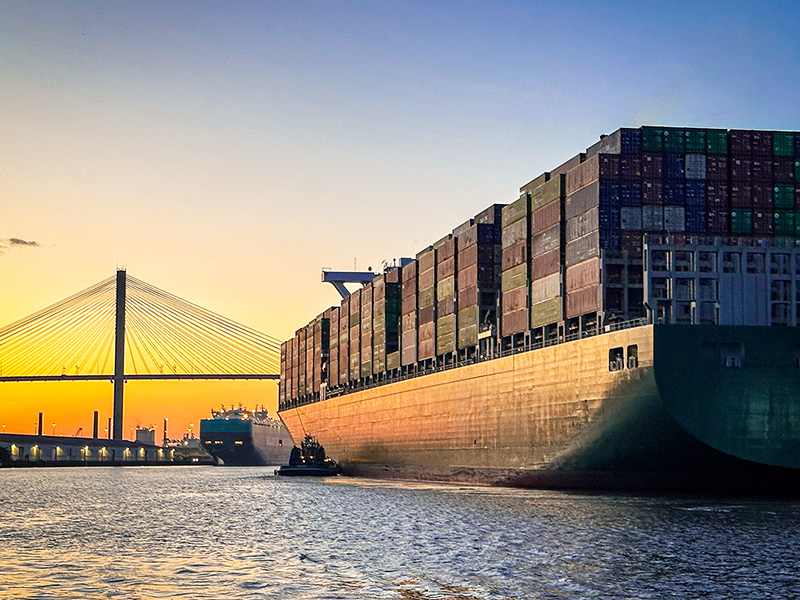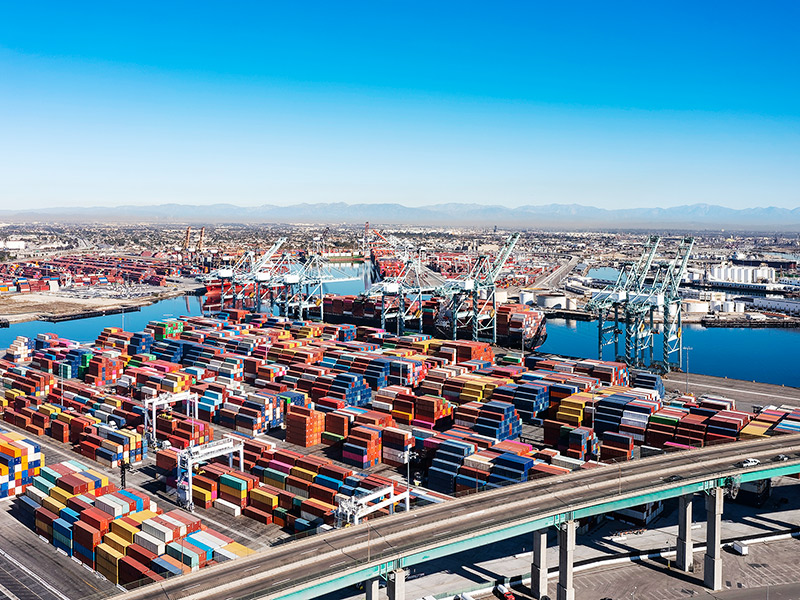
Authors
-
Lin Wang
Former Director, Transformation, BSR
January 25, 2020 was the Chinese Lunar New Year. As is tradition, families prepared for this important holiday by taking at least one week—or even more—to celebrate: factories closed down and domestic migrant workers happily returned to their hometowns, plane and train tickets were sold out by early January, families and close friends made plans for gatherings, and restaurants were sold out for the New Year holiday banquets. While the holiday is officially seven days long, many workers take as many as 15 days off, extending their holiday until the Lantern Festival, which takes place on the 15th day in the lunar calendar.
However, this year, I received a call on January 22, just days before the New Year, from the chef scheduled to arrange my at-home banquet. He said there had been too many requests for home banquets instead of restaurants because people were started to worry about the “Wuhan Pneumonia”—what we now know officially as the Coronavirus. The chef was suddenly overbooked. As a long-time friend, I agreed to let him go for bigger opportunities since my family dinner would have been rather small and simple—I did not want him to miss a more profitable opportunity. Little did I know that this was my last chance to have someone cook for me.
The following day, January 23, Wuhan was officially closed: no one was allowed to come into or leave Wuhan. The government announced that it would prolong the school holiday until late February.
Everyone was nervous. Our first reaction was to buy masks—but they were all sold out! Very soon afterwards, disinfectants were sold out in shops and on online platforms. Streets emptied quickly, and restaurants and shops were closed.
And many countries, including Great Britain, the United States, and Australia announced cancellations and reductions in flights from China, as well as limits on travel for Chinese citizens and foreign travelers who had been to Wuhan or China.
From that point on, people focused on changing their flight tickets out of China, staying home, and switching to online shopping for food. Four major online platforms—Hema (the supermarket under Alibaba), JingDong, Meiriyouxian, and Dingdong—were overloaded with orders for tofu, green vegetables, eggs, meats, and ginger, among others, and they were often sold out. These online platforms’ delivery services were overwhelmed, and they had to change their policies from delivery in 30 minutes to taking more than a day or not being available at all.
As of today, February 19th, the 27th day after the Chinese year, the Coronavirus has led to more than 2,000 deaths in China—a devastating impact. Across the country, schools are still closed and streets remain empty. Many people continue to work from home. Retail, restaurants, and entertainment companies are nearly completely closed across the country. The big question is when all will return to normal—for communities and families affected by the Coronavirus, for people across the country worrying about their own health, and for companies concerned for their workers’ wellbeing and wondering when production can resume. This has become a significant challenge for all business, especially in the manufacturing and service sectors. The longer they wait, the greater financial pressure emerges for business owners and workers whose income will be impacted.

As the majority of cities and counties are still blocked, plane and train services are reduced. This means workers cannot get back to work. Factories are facing huge financial challenges. Many retailers have closed operations: IKEA closed all its shops, Uniqlo and Levi’s have closed about 50 percent of their shops, and Burberry and Prada hardly have any visitors. Shanghai Fashion Week, originally scheduled to launch March 26, has been canceled.
Business is facing big challenges on how to deal with their stock in the Chinese market and how to place future orders. Since many Chinese factories are closed, manufacturers in Southeast Asia are also affected due to a lack of raw materials and components. The Coronavirus impact on China and global business, especially supply chains, will be enormous. This raises the ultimate question: how to build a resilient sustainable supply chain? As this challenge increases, some local governments are starting to take supportive measures to help factories resume their production, e.g., the Hangzhou and Yiwu government worked with some local governments to bring the workers back to these cities by organizing dedicated trains and transportation and providing support so that factories could maintain good health protocols.
BSR’s China team is planning to write a series of blog posts to provide insights regarding the impact on workers, supplier management, as well as the environmental impact as the crisis of the Coronavirus continues to unfold.
BSR’s latest sustainability insights and events straight to your inbox.
Topics
Let’s talk about how BSR can help you to transform your business and achieve your sustainability goals.







